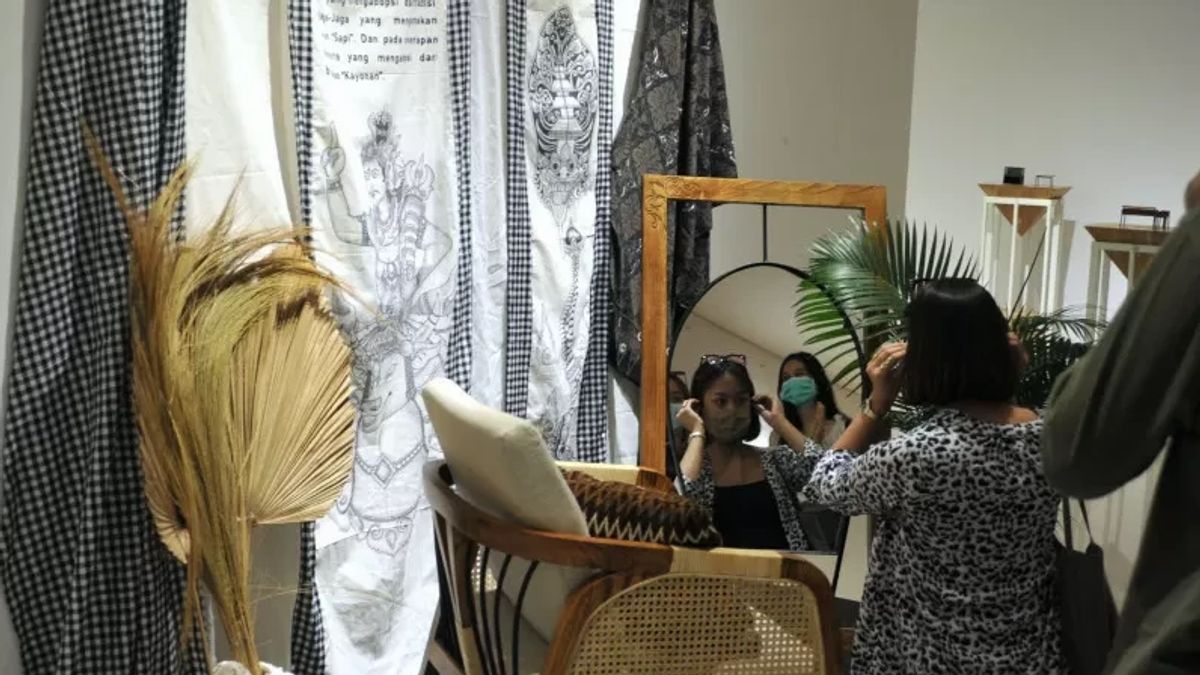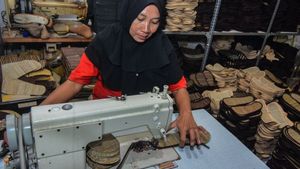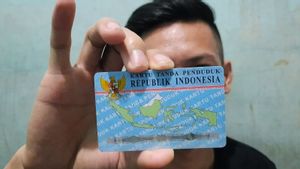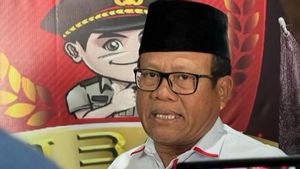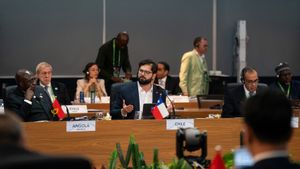JAKARTA - The furniture industry is one of the manufacturing groups that is classified as labor-intensive and export-oriented. This characteristic makes the furniture industry a significant contributor to national economic growth.
Therefore, in order to increase the productivity and competitiveness of the furniture industry in Indonesia, the Ministry of Industry (Kemenperin) plays a role in the provision of skilled human resources (HR) according to current needs.
Through one of the vocational education units owned by the Ministry of Industry, namely the Furniture and Kayu Processing Industry Polytechnic (Polifurneka) in Kendal, Central Java, which has been able to produce competent human resources in the furniture and wood processing fields. Polyfurneka has three study programs at the Diploma III level, namely Furniture Production Engineering, Furniture Design, and Furniture Industrial Business Management.
"The purpose of establishing this polytechnic is also to encourage increased investment in the industrial sector through the provision of competent local industrial workers in the furniture sector, empowering human resources in the Semarang-Kendal area, as well as innovation and research centers, as well as developing furniture and wood processing industries," said Head of the Ministry of Industry's Industrial Human Resources Development Agency (BPSDMI), Masrokhan in his statement in Jakarta, on Wednesday, May 3.
Since its establishment in 2017, the number of Polifurneka students to date has reached 437 people and has graduated around 262 people (consisting of graduates in 2021 as many as 87 people and graduates in 2022 as many as 175 people).
Most of them have directly worked in the domestic furniture industry, and the rest is to continue their studies and run entrepreneurship according to their fields.
"The implementation of education at the Kendal Polytechnic uses the concept of dual system or multiple system, with the composition of practice and the 700,030 curriculum theory based on the Indonesian National Work Competency Standard (SKKNI), and graduates follow competency certification, so they are ready to work after graduation," said Masrokhan.
To date, Polifurneka has collaborated with 150 industries which include the development of curriculum, industry lecturers, industrial committees, industrial work practices, industrial HR training, joint research, absorption of graduates and the development of new study programs.
"One of the advantages of this polytechnic is to carry out partnerships or cooperation, both with domestic and foreign parties," said Masrokhan.
When visiting Polifurneka some time ago, Masrokhan appreciated the educational system implemented in Polifurneka, which is to combine knowledge, skills, and attitude to produce competent and innovative human resources.
The collaborations that have been explored by Polifurneka with foreign parties, such as with the Swiss government through the Skill for Competitiveness (S4C) Program with several activities, such as the development of curriculum, preparation of silabuses and Semester Learning Plans (RPS), improvement of lecturer competence, preparation of strategic plans, construction of IT systems, as well as engine setups in workshops.
Polifurneka also collaborates with various other educational units, including Malang State Polytechnic, Tidar University, Diponegoro University, Podomoro University, Jember State Polytechnic, Semarang State University, Surabaya State Electronic Polytechnic, Gadjah Mada University, Bern University of Applied Science SWISS, Universiti Tun Hussein Onn Malaysia, and Polytechnic of Singapore.
For your information, throughout 2022, the export value of the national furniture industry has exceeded the figure of 2.5 billion US dollars, with a utilization of 74.16 percent. The total employment absorption is 143,000 people from 1,114 companies.
The English, Chinese, Japanese, Arabic, and French versions are automatically generated by the AI. So there may still be inaccuracies in translating, please always see Indonesian as our main language. (system supported by DigitalSiber.id)
